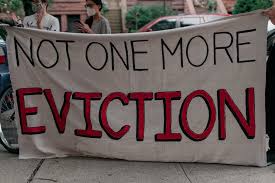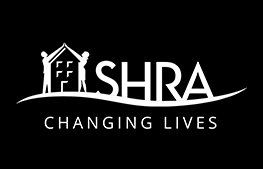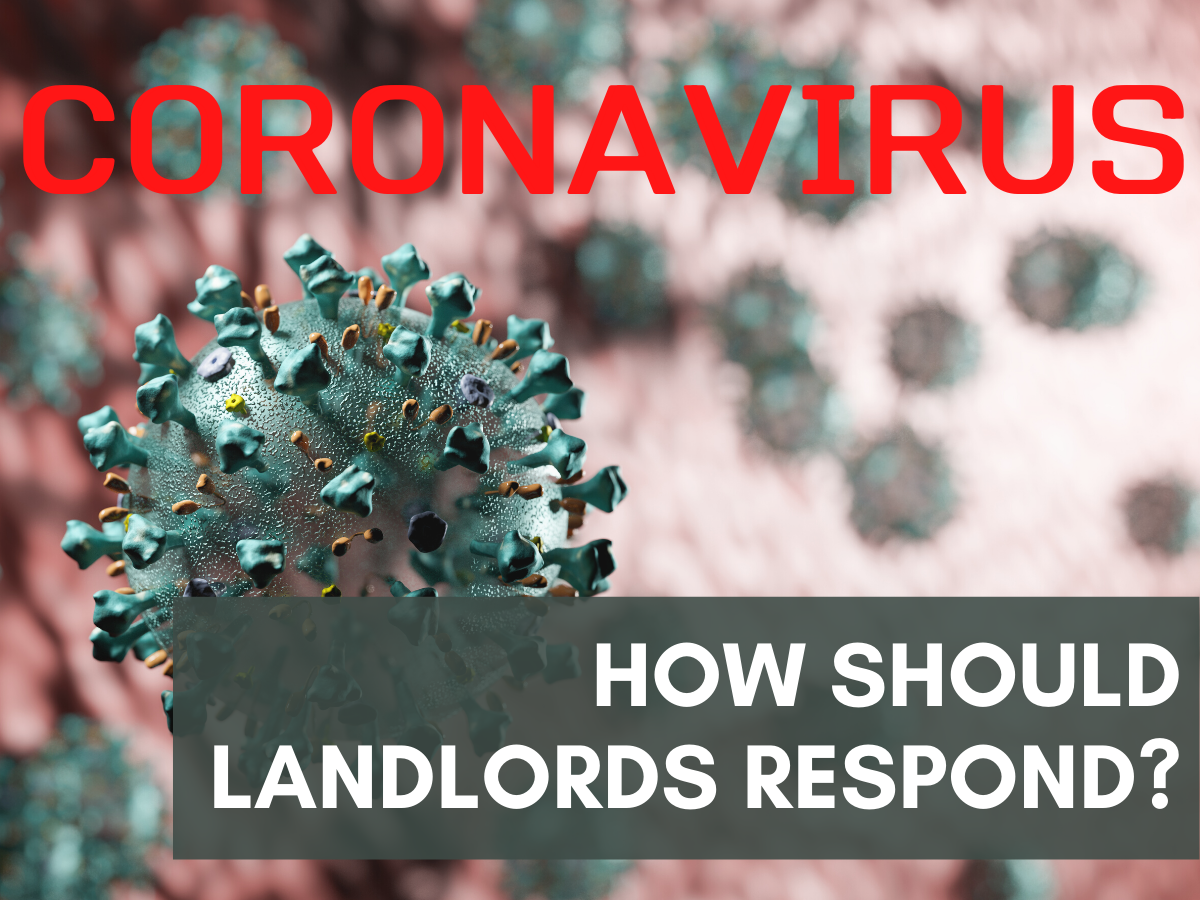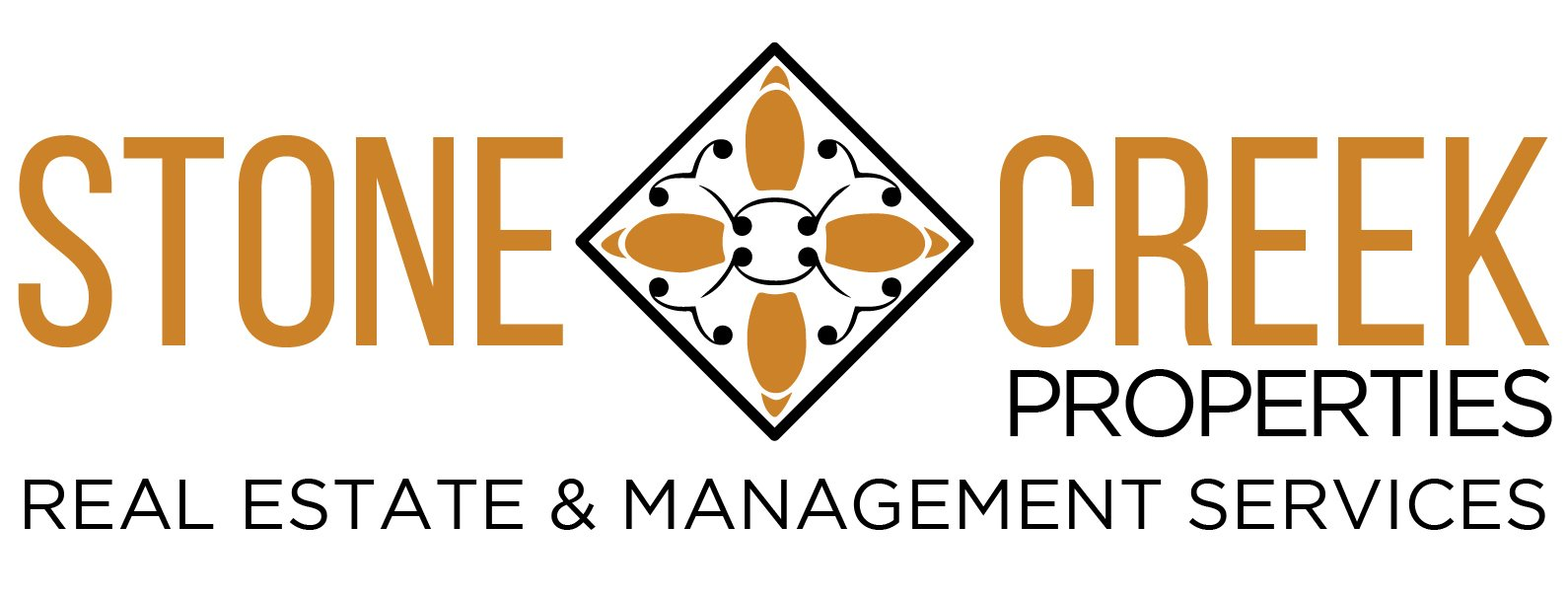Blog
Blog

By 7068782625
•
September 3, 2020
On Tuesday the Governor signed AB 3088 into law, which establishes a moratorium on evictions for non-payment of rent due to COVID-19 financial hardship until January 31, 2021. Under this new legislation, tenants who are able to demonstrate hardship as a result of the pandemic are only required to pay 25% of their rent from September 1, 2020 through January 31, 2021. If tenants are unable to pay this 25% the landlord may proceed with filing for an eviction beginning February 1, 2021. The applicability of the moratorium is subject to proof that the tenant is unable to pay rent as a result of the COVID-19 pandemic. While a former version of the bill would have allowed tenants to file an attestation that they were experiencing a pandemic-caused financial hardship, the law would now require that the tenant swear under penalty of perjury that they are enduring hardship due to the COVID-19 pandemic. Furthermore, if a tenant earns 130% of a county’s area median income or higher, the owner of the property can ask for proof that the tenant is suffering from financial hardship due to COVID-19, such as a wage-reduction notice from an employer, or notice of a layoff. This legislation effectively ends the uncertainty as to moratoriums placed on evictions by the individual counties throughout the state. Eviction moratoriums previously passed by counties and cities will be “grandfathered” in, however they will no longer be allowed to pass any extensions regarding non-payment of rent. If a local ordinance gives tenants a period in which to pay off an unpaid rental balance, that period must begin at least by March 1, 2021 and must end no later than March 31, 2022. Unfortunately, this bill does not provide for protection for property owners who may be relying on the rental income to pay their mortgage. Mortgage forbearance was not included in AB 3088, and property owners are not permitted to sue tenants for unpaid COVID-19 rental debt (other than the debt accrued from September through January as mentioned above) until March 1, 2021. In an effort to mitigate costs for property owners who have to proceed with eviction cases, this new legislation temporarily expands the jurisdiction of small claims court (which removes the burden and expense of attorney involvement) to allow a property owner to collect rent from their tenant even if the amount sought exceeds the small claims court limits. However, presumably recognizing the potential hardships this new legislation may cause, the bill also increases penalties for illegal lockouts and intimidation of tenants. As the courts remain closed and the property owners remain helpless as to remedies for non-payment, there have been reports that landlords are increasingly turning toward “self-help,” such as simply locking out their tenants from the premises. In an effort to curtail illegal evictions the legislature has decided to increase the penalties for these types of “self-help” measures. In summation, this new legislation provides for the protection of tenants and is a potential nightmare for landlords who are relying on the rental income to pay their mortgage, as evictions are once again prohibited for inability to pay rent as a result of COVID-19. The silver lining is that beginning on October 5, 2020, landlords will once again be allowed to proceed with eviction cases for nonpayment of rent or other charges if the tenant has not been impacted by the COVID-19 pandemic. In order to do so however, the landlord must give a 15 business-day notice to the tenant to either pay the demanded amount, vacate the premises, or return a declaration to the landlord, under penalty of perjury, that they have suffered financial hardship as a result of the COVID-19 pandemic. The information presented in this Article is not to be taken as legal advice. Every person’s situation is different. If you are facing a legal issue of any kind, get competent legal advice in your State immediately so that you can determine your best options.The body content of your post goes here. To edit this text, click on it and delete this default text and start typing your own or paste your own from a different source.

By 7068782625
•
August 31, 2020
As you may have expected, there are some tenants' advocacy groups out here, that are making phone calls trying to get property owners to fall into the trap of indicating that they do not accept Section 8 or housing vouchers. This language is no longer allowed in marketing and application materials and it is now a requirement to allow Section 8 and housing voucher applicants to to be considered for tenancy, but this does not change other standard screening criteria, in any way. The same credit criteria and income verification is still acceptable. If an applicant must earn three times the amount of rent every month, you’ll have to consider three times the amount of what the Section 8 resident would be paying. So if they are responsible for only $300 of their rental payment and the voucher takes care of the rest, you need to look for income that meets or exceeds $900 from that resident. An application can can no longer be refused from a potential resident who is part of the Section 8 program or has a housing voucher.

By 7068782625
•
August 28, 2020
California tenants are legally entitled to rental property that meets basic structural, health, and safety standards and is in good repair. If a landlord fails to take care of important maintenance (such as a leaky roof or a broken heater.) If the landlord does not cure the issue, within 21 days of the problem being submitted in writing, the tenants may have the legal rights to: withhold rent pay for repairs themselves and deduct the cost from their rent (“repair and deduct”) call state or local building health inspectors sue the landlord, or move out without notice. It is illegal for landlords in California to retaliate against tenants who exercise their statutory rights, such as the right to repair and deduct. Additionally, all landlords are legally required to offer livable or habitable premises when they originally rent a unit in California, and to maintain it in that condition throughout the rental term. According to state laws (Civil Code § 1941.1 and § 1941.3.) at minimum every rental must have: effective waterproofing and weather protection of roof and exterior walls, including unbroken windows and doors functioning plumbing, heating, and electrical facilities, including hot and cold running water and a working toilet and kitchen sink clean and sanitary building and grounds (that is, free of debris, filth, rubbish, garbage, rodents, and vermin), with adequate trash receptacles well-maintained floors, stairways, and railings deadbolt locks on certain doors and windows no lead paint hazards no nuisances, a catchall provision referring to something that is dangerous to human life, detrimental to health, or morally offensive and obnoxious, such as allowing drug dealing on the premises.

By 7068782625
•
August 28, 2020
The Judicial Council made some big changes with its vote two weeks ago to end some of its emergency orders that were put in place in reaction to the COVID-19 pandemic. In light of that, we thought now would be a good time to give you an update on the current status of foreclosures and evictions. Governor Newsom was the first to take action through Executive Order N-28-20. Among other things, it requested financial institutions holding commercial or residential mortgages to implement a moratorium on all foreclosure proceedings if they were caused by COVID-19. Many financial institutions have agreed to suspend residential foreclosures. At the present time Executive Order N-28-20, as extended, remains in place until September 30th. Next, on March 27, 2020, Governor Newsome issued Executive Order N-38-20 which authorized the Judicial Council to make emergency rules to maintain the safe and orderly operation of the courts. Under that authority, the Judicial Council voted on April 6, to adopt a rule staying residential and commercial judicial foreclosures until 90 days after the governor ends the state of emergency related to COVID-19. This was done with the expectation that legislation to address these statutory issues would follow quickly once the Legislature reconvened. At its meeting on April 6, 2020, the Judicial Council adopted an emergency court rule that effectively stopped all evictions, other than those necessary to protect public health and safety, for the duration of the COVID‐19 emergency. The rule was applicable to all courts and to all eviction cases, whether they are based on a tenant’s missed rent payment or another reason. This rule curtailed evictions by prohibiting a court from issuing a summons for unlawful detainer unless the eviction was necessary to protect the public health or safety. The emergency rule promulgated by the Judicial Council on April 6, was set to remain in effect until 90 days after the Governor lifts the state of emergency related to the COVID‐19 pandemic, or until would be amended or repealed by the Judicial Council. Additionally, the April 6 court rule prohibited a court from entering a default judgment against the tenant because the tenant failed to file a response, unless the court finds on the record the eviction was necessary to protect public health and safety. On August 13, 2020, the Judicial Council voted 19-1 to end Emergency Rule 1 and 2 on September 1st. Chief Justice Cantil-Sakauye said “The judicial branch cannot usurp the responsibility of the other two branches on a long-term basis to deal with the myriad impacts of the pandemic. The duty of the judicial branch is to resolve disputes under the law and not to legislate. I urge our sister branches to act expeditiously to resolve this looming crisis.” There are two main pieces of legislation that are making their way through the Assembly. The first, AB 1436, would enact the Small Landlord and Homeowner Relief Act of 2020. It would authorize a borrower to request forbearance of their mortgage payments from the bill’s operative date and either 90 days after the termination of the COVID-19 state of emergency or April 1, 2021, whichever occurs first. If certain requirements are met, the lender would be required to provide the forbearance to the borrower. Additionally, AB 1436 would prevent tenants impacted by COVID-19 from being evicted due to unpaid rent accrued from the start of the COVID-19 state of emergency until 90 days after the State of Emergency has ended or April 1, 2021, whichever happens first. The bill further provides a twelve-month grace period after the state of emergency ends or as of April 1, 2021, whichever occurs first, for tenants to repay missed rents without negative effect on their credit. The second bill is AB 828. It would prohibit a lender or their agent from submitting a notice of default, notice of sale or a trustee’s deed to a county recorder for residential real properties until 91 days after the end of the after the COVID-9 state of emergency is ended. Addressing judicial foreclosures, this bill would stay any action for foreclosure on a mortgage or deed of trust of residential real property unless the court finds that the action is required to further public health and safety. It would also extend the period for exercising rights, including right of redemption, until 90 days after the COVID-9 state of emergency ends. This bill, if passed, will also prohibit a landlord to from submitting for filing a residential unlawful complaint and prohibiting the court to issue summons on a complaint for a residential unlawful detainer unless the Court finds it necessary to address damage to the property, nuisance, or health and safety. Currently, non-judicial foreclosures do not appear to be prohibited and it does not appear that owners of non-residential property are going to be granted relief in the upcoming legislature. Just like foreclosures, the Judicial Council of California amended the April 6 court rule by lifting the ban on evictions. Starting from September 1, 2020, the Courts will begin issuing summons for the eviction cases. The new rule appears to leave the decision to issue summons to the counties. Although the Judicial council lifted the ban on issuing summons, in certain locales, evictions will not take place until after September 30, 2020, at the earliest under Executive Order N-71-20. This Executive Order allows local governments, such as county or a city to issue its own moratorium to stop evictions up to September 30, 2020. There have been many questions from clients regarding whether they can file a lawsuit for non-payment of rent during the pandemic. The answer to that is complicated as it depends on county to county and in some cases city to city because of the different moratoriums and eviction ordinances in place. For example, the City and County of Sacramento follows the Executive Order N-71-20 extending eviction bans until September 30, 2020. It remains unclear what the filing of an unlawful detainer action will look like after September 1, 2020. Currently, it will be left to the discretion of local jurisdictions, what, if any moratoriums will be placed on evictions at the local level. This will require landlords to navigate multiple ordinances and codes to determine to viability of an eviction proceeding. However, there is still time for the legislative branch to act at a state level regarding eviction moratorium and as discussed above, there are a couple different bills working their way through the legislative process. The information presented in this Article is not to be taken as legal advice. Every person’s situation is different. If you are facing a legal issue of any kind, get competent legal advice in your State immediately so that you can determine your best options. (Contributing Author BPE Law Group)
VISIT US
,
This is a placeholder for the Yext Knolwedge Tags. This message will not appear on the live site, but only within the editor. The Yext Knowledge Tags are successfully installed and will be added to the website.
This is a placeholder for the Yext Knolwedge Tags. This message will not appear on the live site, but only within the editor. The Yext Knowledge Tags are successfully installed and will be added to the website.
HOURS
This is a placeholder for the Yext Knolwedge Tags. This message will not appear on the live site, but only within the editor. The Yext Knowledge Tags are successfully installed and will be added to the website.
HOURS
This is a placeholder for the Yext Knolwedge Tags. This message will not appear on the live site, but only within the editor. The Yext Knowledge Tags are successfully installed and will be added to the website.
CONTACT US
This is a placeholder for the Yext Knolwedge Tags. This message will not appear on the live site, but only within the editor. The Yext Knowledge Tags are successfully installed and will be added to the website.
Hi. Do you need any help?
Privacy Policy
| Do Not Share My Information
| Conditions of Use
| Notice and Take Down Policy
| Website Accessibility Policy
© 2025
The content on this website is owned by us and our licensors. Do not copy any content (including images) without our consent.


Share On: